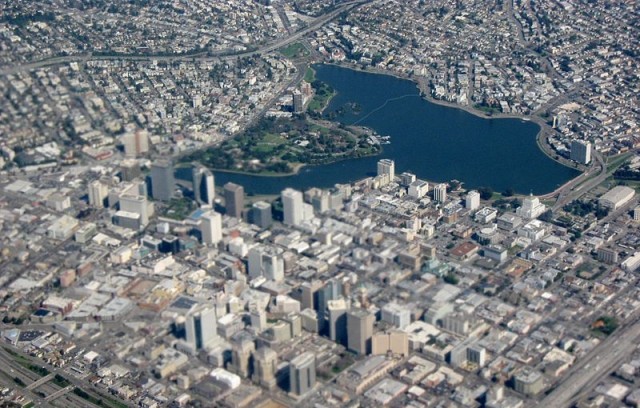The San Francisco Chronicle this weekend reported that regulatory officials in Oakland, CA, have applications from 255 individuals, seeking special city permits that would allow them to cultivate, retail, distribute, and transport cannabis, as well as lab testers and product manufacturers, when recreational sales become legal, on New Year’s Day.
Data compiled by the City of Oakland was charted by the Chronicle, and showed that the majority of applications were for indoor growing permits, followed by applications for delivery businesses.
Reportedly, the city expects only a “handful” of applications to be approved by the January 1st rollout of legal recreational cannabis sales in California. The state, which put out its first regulations last Thursday, which will allow existing business that have not yet been approved for permits to obtain temporary state license, as long as they comply with requirements.
Eight existing dispensaries have been “grandfathered” under the new regulatory scheme. They include Harborside Oakland, Oakland Community Partners, Purple Heart Patient Care, Oakland Organics, Blum, Magnolia Wellness, Phytologie, and Telegraph Health Center.
Oakland, like neighboring Berkeley and San Francisco, are grappling with devising new regulatory schemes prior to January 1st, even as cannabis business owners have rushed to obtain local permits, while also implementing new compliance standards and regulations.
As described, permit applicants in Oakland have had to provide documentation of landlord’s approval for a cannabis-related business. Filtration exhaust systems are also required to address any concerns about odor related to growing or manufacturing.
Officials said they anticipate approving eight more brick-and-mortar dispensaries by spring. The new regulations do not put a limit on the number of non-brick-and-mortar retail permits.
Under an amendment to the new permitting scheme, half of Oakland’s applicants must be approved through the Equity Permit Program. Those who qualify under the program must be “people convicted of a marijuana-related offense in Oakland, who earn an income less than 80 percent of the city average, or who have lived for 10 of the past 20 years in an Oakland neighborhood that saw a high number of cannabis arrests,” according to the Chronicle











